What is Korsakoff Syndrome, its causes including thiamine deficiency and alcoholism, key symptoms like amnesia and confabulation, affected brain regions, diagnosis, and treatment with vitamin B1?
Published on 03/02/2025 · 10 min readEver wondered about a condition that intricately links memory, nutrition, and even excessive alcohol consumption? Let's dive into Korsakoff Syndrome, a fascinating yet serious neurological disorder.
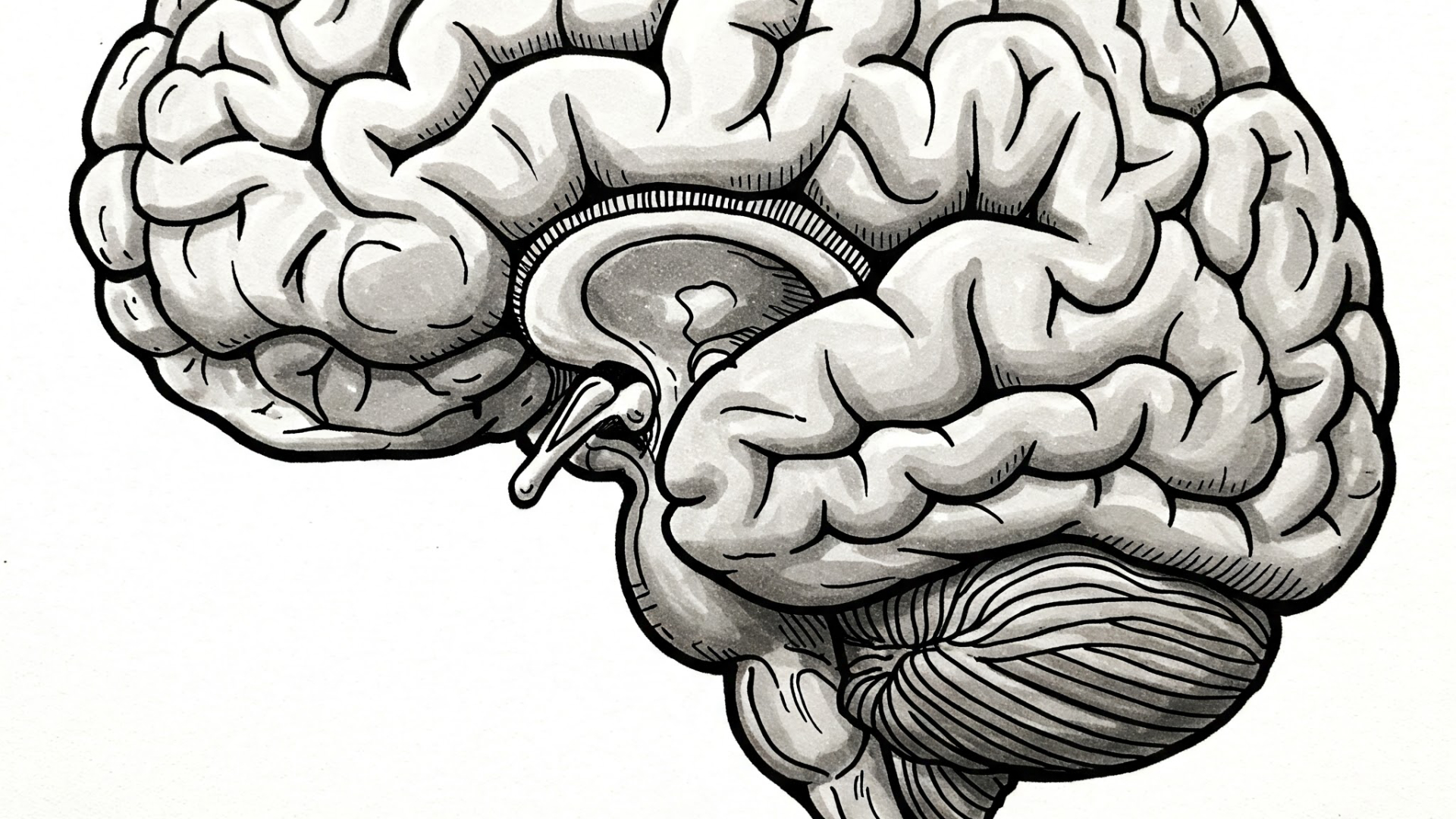
Table of Contents
Understanding Korsakoff SyndromeThe Primary Cause: Thiamine (Vitamin B1) DeficiencyCommon Causes of Thiamine DeficiencyKey Symptoms of Korsakoff SyndromeBrain Regions Affected by Thiamine DeficiencyDiagnosing Korsakoff SyndromeTreatment: Replenishing ThiamineWernicke-Korsakoff Syndrome (WKS)Living with Korsakoff Syndrome
Understanding Korsakoff Syndrome
Korsakoff Syndrome, sometimes referred to as Korsakoff psychosis or as part of Wernicke-Korsakoff Syndrome (WKS), is primarily a memory disorder. It's named after Sergey Korsakov, a Russian neuropsychiatrist who first described it in the late 19th century.
The Primary Cause: Thiamine (Vitamin B1) Deficiency
The cornerstone of Korsakoff Syndrome is a deficiency in thiamine (vitamin B1). This essential vitamin plays a crucial role in energy production within the brain, particularly in the conversion of pyruvate to acetyl-CoA, a vital step in the Krebs cycle for generating ATP, the cell's energy currency.
Without sufficient thiamine, this energy production is hampered, leading to damage in specific brain regions critical for memory.
Common Causes of Thiamine Deficiency
- Chronic Alcoholism: Excessive alcohol intake often leads to poor dietary habits, impaired thiamine absorption, and increased thiamine metabolism.
- Severe Malnutrition: Lack of a balanced diet can result in insufficient intake of essential vitamins, including thiamine.
- Dietary Deficiency: Consuming a diet primarily of refined, non-fortified carbohydrates can lead to thiamine deficiency. Remember to read food labels!
- Prolonged Vomiting: Conditions like severe morning sickness (hyperemesis gravidarum) or certain illnesses can lead to thiamine depletion.
- Mercury Poisoning: In rare cases, mercury toxicity can interfere with thiamine utilization.
- Extreme Dieting: Severely restrictive diets may lack essential nutrients.
- Folate Deficiency: Interestingly, a deficiency in folate can sometimes contribute to thiamine deficiency by affecting its absorption.
Key Symptoms of Korsakoff Syndrome
Korsakoff Syndrome manifests with a distinct set of symptoms, often remembered by the "7 Cs" (though not all start with C):
- Anterograde Amnesia: Difficulty forming new memories after the onset of the condition.
- Retrograde Amnesia: Difficulty recalling past memories.
- Amnesia of Fixation: Inability to retain new information.
- Confabulation: Creating fabricated stories or memories to fill in gaps in memory. This isn't intentional lying but a neurological response to memory loss.
- Apathy: Lack of interest or motivation.
- Lack of Insight: Reduced awareness of their memory problems.
- Minimal Content in Conversation: Speech may become brief and lack substantial information.
Brain Regions Affected by Thiamine Deficiency
Thiamine deficiency primarily impacts specific areas of the brain crucial for memory function:
- Mammillary Bodies: These are vital for forming new memories. Damage here is a hallmark of Korsakoff Syndrome.
- Medial Dorsal Nucleus of the Thalamus: Another key structure involved in memory processing.
- Anterior Group of Thalamic Nuclei: Part of the limbic system, which plays a significant role in emotion and memory.
These areas often show decreased glucose metabolism on PET scans and may exhibit lesions or infarctions upon autopsy.
Diagnosing Korsakoff Syndrome
Diagnosis of Korsakoff Syndrome is primarily clinical, based on the patient's history and neurological examination. While imaging techniques like PET scans can show changes in brain activity, they are not typically required for diagnosis.
Treatment: Replenishing Thiamine
The primary treatment for Korsakoff Syndrome involves prompt administration of thiamine (vitamin B1), usually intravenously, along with adequate hydration and nutrition. In cases of acute mental status changes, the "cocktail" of naloxone, dextrose, and thiamine is often administered to address potential opioid overdose, hypoglycemia, and thiamine deficiency, respectively. It's crucial to administer thiamine *before* glucose in thiamine-deficient individuals to prevent potential complications.
Wernicke-Korsakoff Syndrome (WKS)
It's important to note the connection between Korsakoff Syndrome and Wernicke's Encephalopathy. Wernicke's encephalopathy is another neurological disorder caused by thiamine deficiency, characterized by a triad of confusion, eye movement abnormalities, and ataxia (lack of coordination). If left untreated, Wernicke's encephalopathy can progress to Korsakoff Syndrome. The combination is known as Wernicke-Korsakoff Syndrome (WKS).
Living with Korsakoff Syndrome
While thiamine supplementation can halt the progression of Korsakoff Syndrome and sometimes lead to partial improvement, significant memory impairments often persist. Management focuses on providing a supportive environment and strategies to cope with memory difficulties.
Understanding Korsakoff Syndrome highlights the critical role of nutrition, particularly thiamine, in brain health and memory function. Recognizing the risk factors, especially chronic alcoholism, and seeking timely medical attention are crucial in preventing and managing this challenging condition.
Shop related blood tests

Vitamin B1 (Thiamine), Blood, LC/MS/MS
This is the most direct and crucial test. It measures the actual level of thiamine in the blood, confirming a deficiency which is the primary cause of Korsakoff Syndrome. The LC/MS/MS method is a highly accurate way to quantify this vitamin.
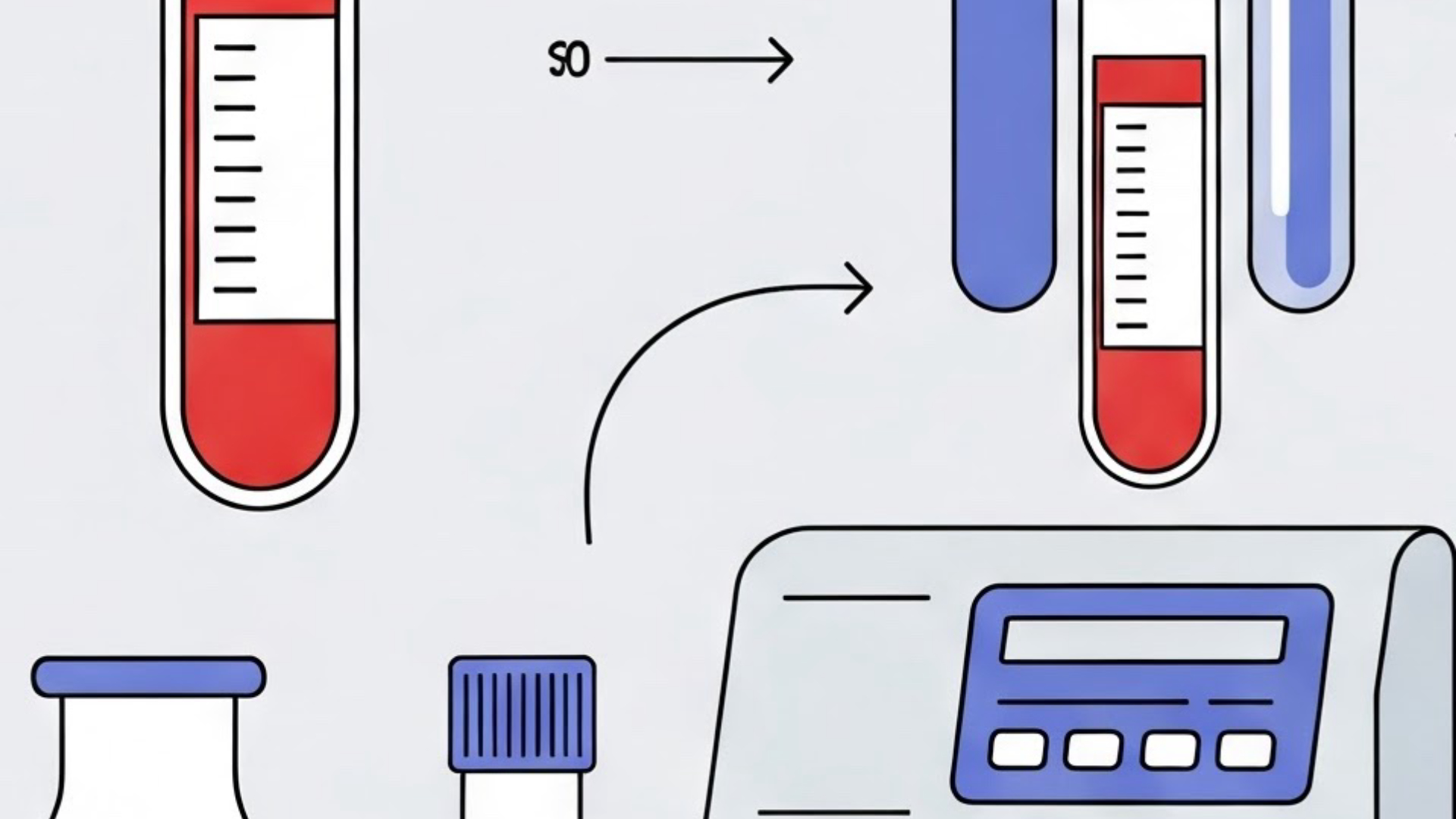
Comprehensive Metabolic Panel (CMP)
This panel provides a broad overview of the patient's metabolic status, including liver and kidney function, electrolyte balance, and glucose levels. It can help identify other nutritional deficiencies, assess the overall health of individuals at risk for or diagnosed with Korsakoff Syndrome, and rule out other potential causes of neurological symptoms. For example, liver dysfunction is common in chronic alcohol use and can impact nutrient absorption and utilization.
Read next
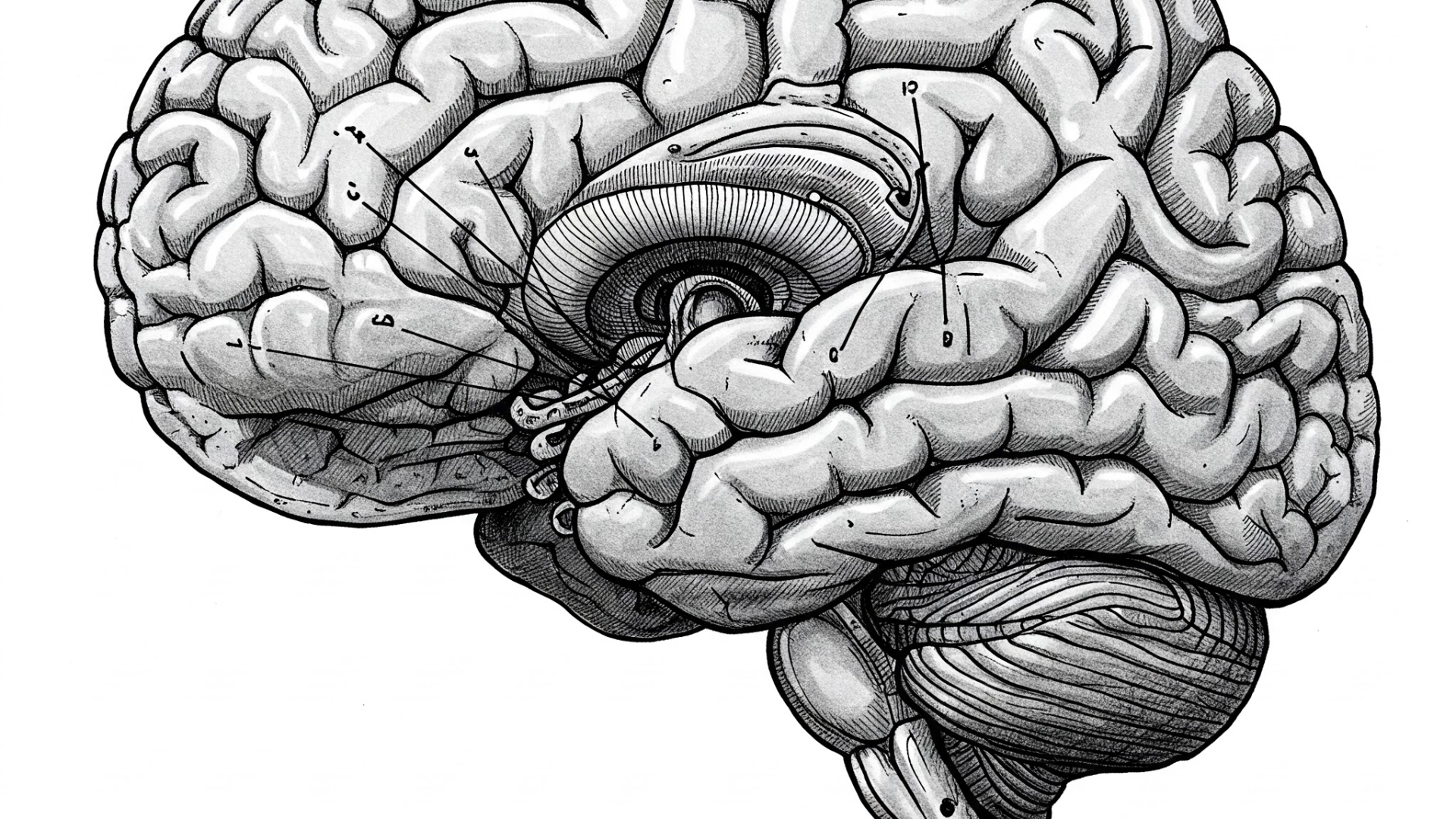 Written on 01/15/2025
Written on 01/15/2025How Does the Hardy-Weinberg Principle Calculate Allele and Genotype Frequencies in a Population?
Understanding the genetic makeup of populations is crucial in biology. The Hardy-Weinberg principle provides a mathematical framework to determine allele and genotype frequencies. Let’s break down how this principle works. Read more
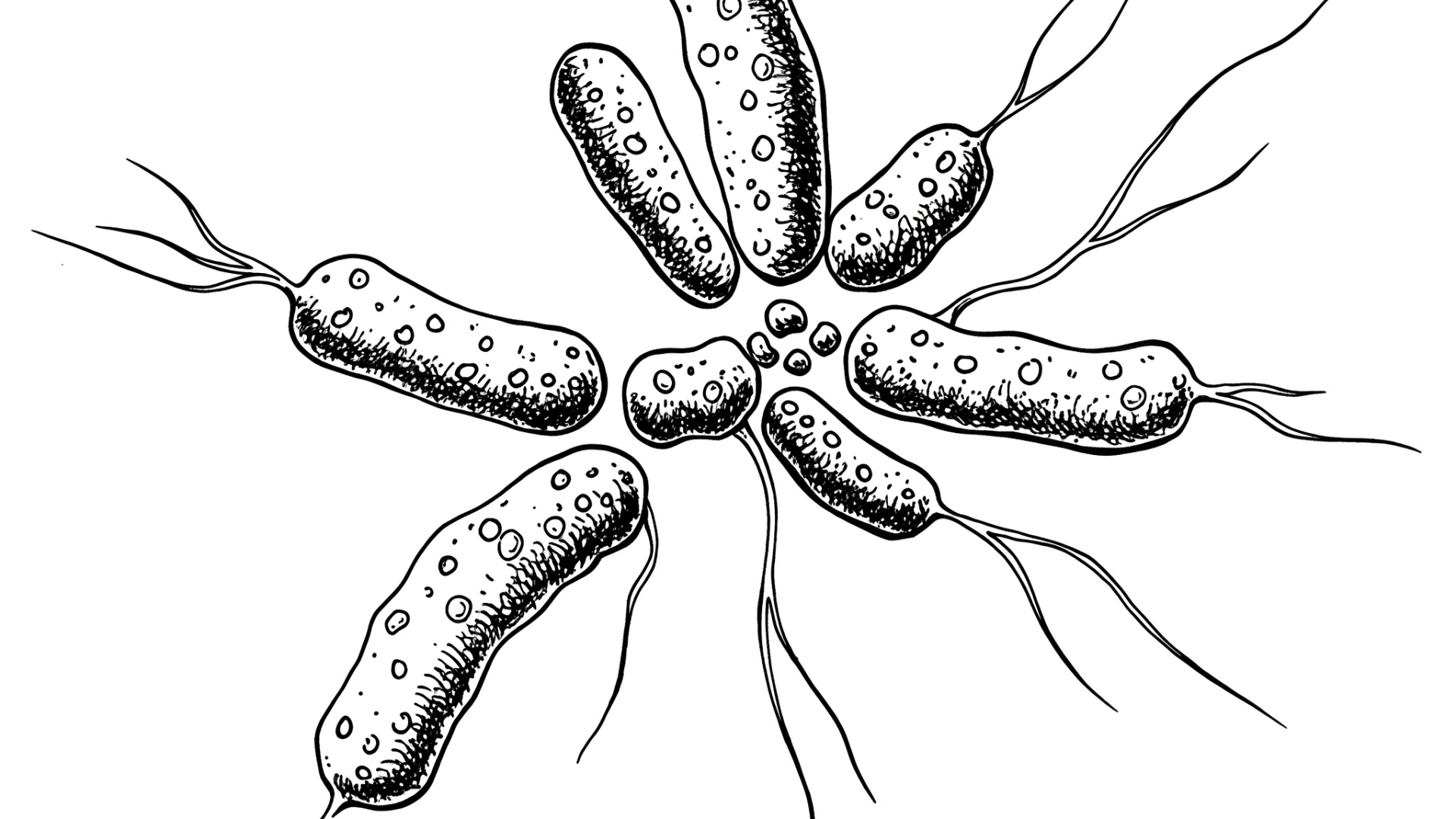 Written on 01/08/2025
Written on 01/08/2025Streptococcus Pneumoniae: How Do You Diagnose and Treat This Bacterial Infection?
Streptococcus pneumoniae is a common yet potentially serious bacterial pathogen. Understanding its diagnosis and treatment is crucial for effective patient care. This blog post will delve into the key aspects of identifying and managing Streptococcus pneumoniae infections. Read more
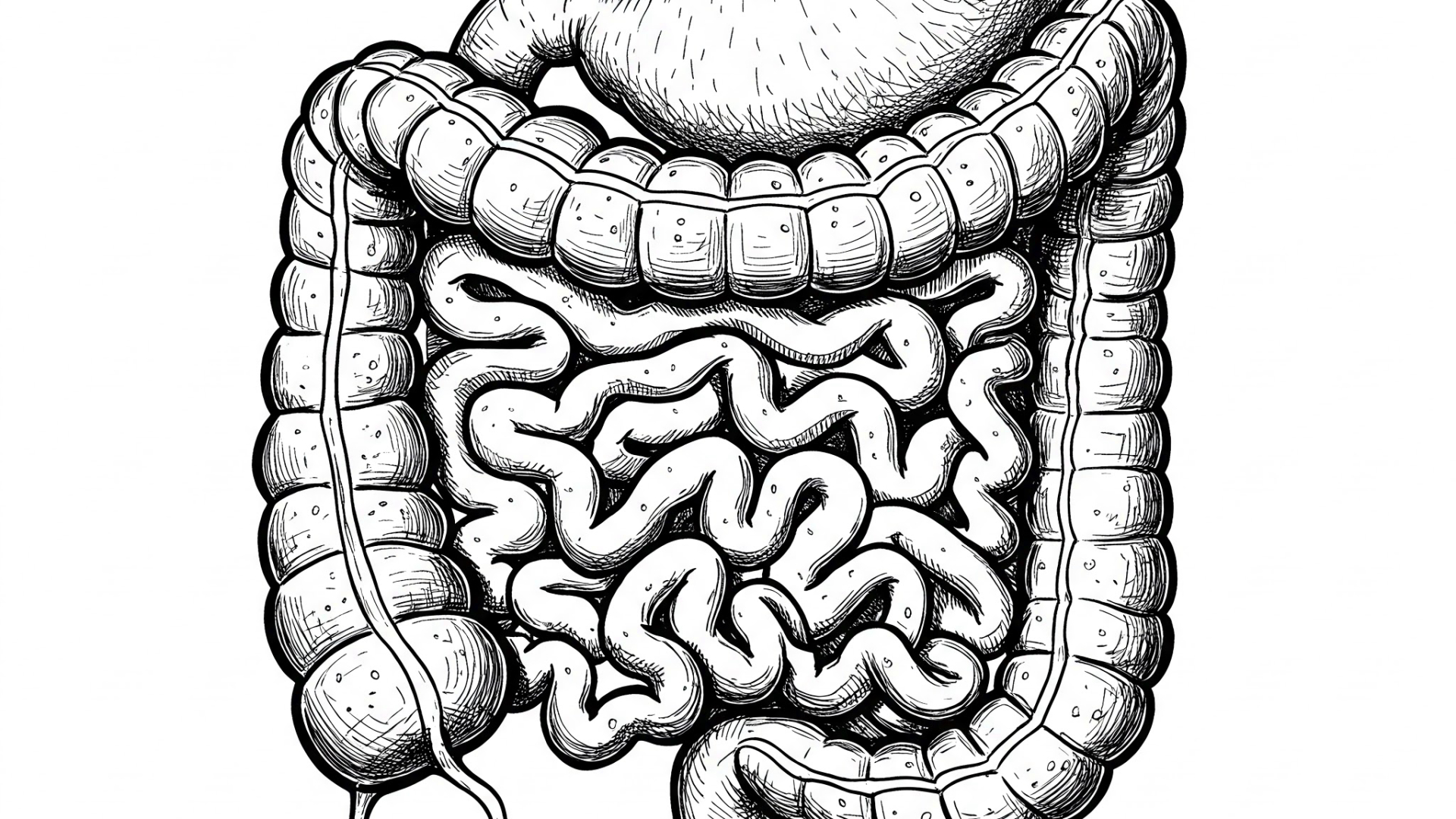 Written on 02/10/2025
Written on 02/10/2025Giardiasis: How does Giardia lamblia cause diarrhea, abdominal pain, and infection, especially in developing countries?
Giardiasis, a common intestinal infection, particularly prevalent in developing countries, is caused by the protozoan flagellate Giardia lamblia (also known as Giardia intestinalis). This blog post will explore how this parasite leads to symptoms like diarrhea and abdominal pain, and why it's a significant health concern. Read more
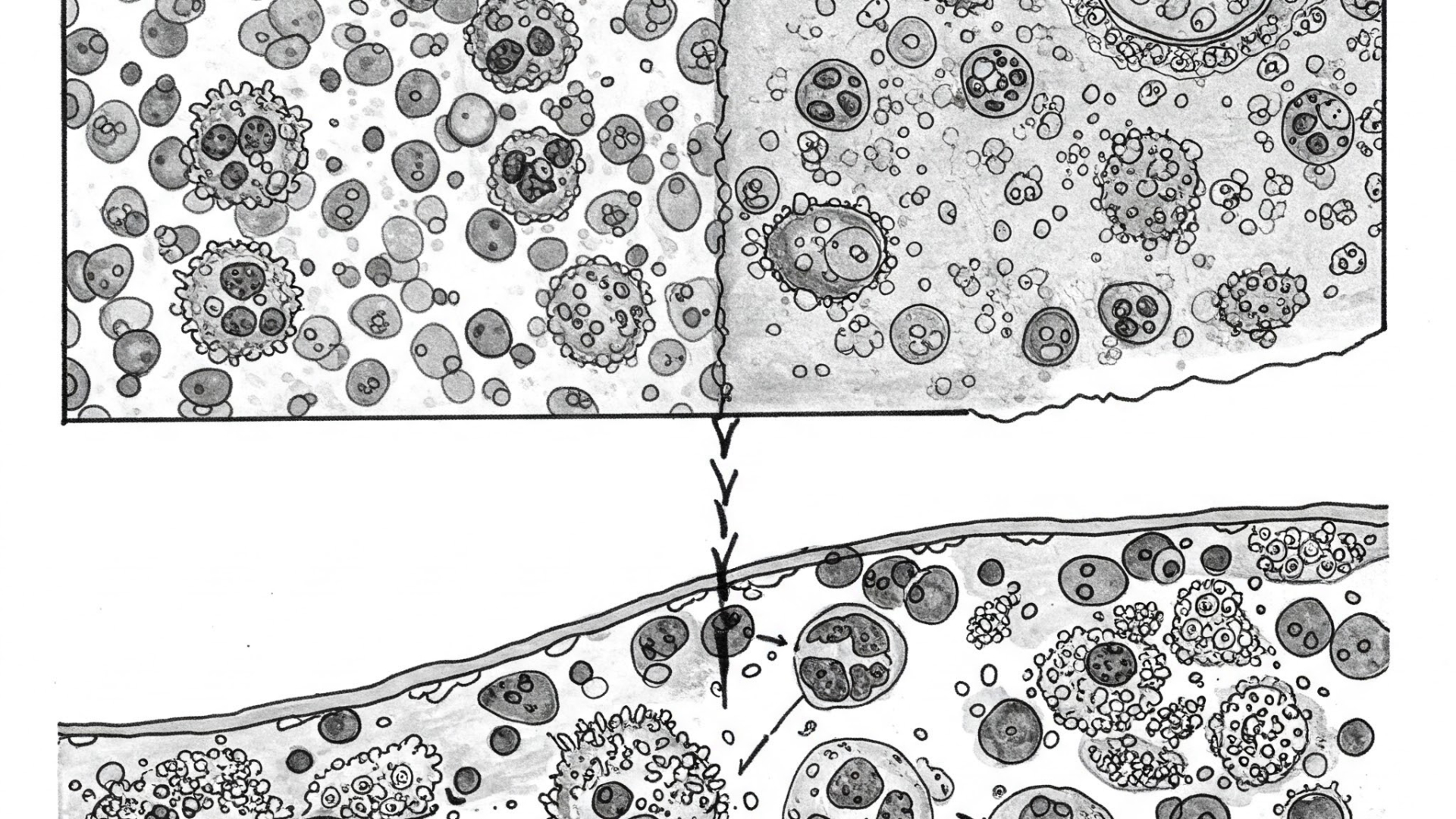 Written on 02/04/2025
Written on 02/04/2025Leukemoid Reaction vs. CML: How to Differentiate and When to Suspect Each Condition?
Understanding the difference between a leukemoid reaction and chronic myelogenous leukemia (CML) is crucial for accurate diagnosis and appropriate patient management. This blog post will delve into the key distinctions, causes, and diagnostic approaches for these two conditions. Read more
